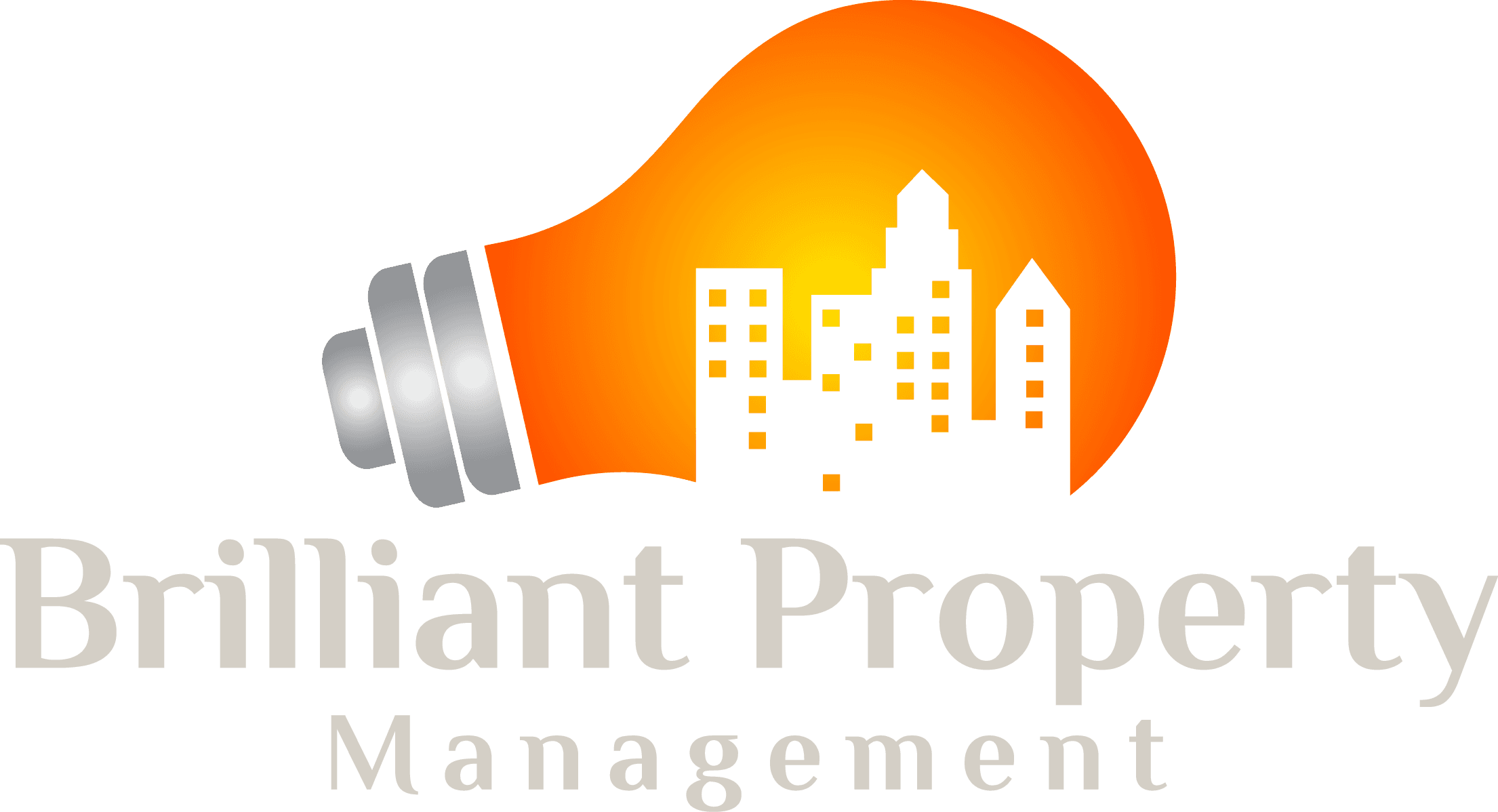Over the last few years, we have received a lot of questions about the new legislation affecting the industry. Back in 2017, licensing for condominium managers was introduced, and two new administrative authorities were created. At the time ACMO was already offering the Registered Condominium Manager (RCM) designation, along with the courses required to obtain it. When the new CMRAO started offering licenses they asked ACMO to continue offering the courses but for their own licensing system. In other words, a would-be manager who did not already have an RCM would need to take the courses through ACMO, to get a CMRAO license. To complicate things, transitional licenses were also awarded to some existing managers who had experience but who didn’t yet have the education, and limited licenses were offered to those entering the industry without experience.
Confused yet? We don’t blame you. Let’s break this down and take a quick look at where the industry stands today. Here are four major players in the industry
The Canadian Condominium Institute (CCI)
The CCI was founded in 1982 and has a mandate to represent the interests of condominium corporations, owners, and directors. They have chapters all over Canada, and they produce a great deal of educational content for their members, including a magazine (Condo Voice), a podcast, and a massive collection of condominium legal cases. The CCI also offers voluntary in-person training for directors, and hosts events across the country.
The Condominium Authority of Ontario and the Condominium Authority Tribunal (CAO and CAT)
The CAO is a regulatory body founded in 2017 based on provincial legislation. The CAO keeps an extensive database of all condominiums in Ontario, including directors, management companies, and other pertinent information. The CAO offers online director training which must be completed within six months of being elected. Directors that miss this deadline are automatically removed from the board. CAO also contains the CAT, which is a tribunal that hears disputes between condominiums and homeowners. Right now the scope is limited to access to information, but there are plans to broaden the tribunals mandate in the future.
The Association of Condominium Managers of Ontario (ACMO)
Founded in 1977, ACMO is the oldest of the industry associations, with the mandate to represent condominium managers in Ontario. ACMO offers the Registered Condominium Manager (RCM) designation; a voluntary designation that denotes quality and professionalism in the industry. ACMO also offers the four courses required to obtain the RCM, along with hours of informational videos that keep their managers up to date on changes in the industry. ACMO also produces their own magazine, and has their own voluntary accreditation program for management companies that pursue the highest standards of quality. Note that ACMO does not offer licenses to condominium managers.
The Condominium Management Regulatory Authority of Ontario (CMRAO)
The CMRAO is another regulatory body founded in 2017 based on legislation. The CMRAO is responsible for licensing condominium managers and management companies. When the CMRAO came into being, they offered three types of licenses for condominium managers: The limited license, for people who are new to the industry, the transitional license for those with at least two years of experience but without the accepted educational requirements, and the general license for those who have both the minimum two years’ experience and the education. The transitional license is being phased out and will not be available after June of 2021. The educational requirements for the General License are the four RCM courses offered by ACMO, or their equivalency exams. As the name implies, the limited licensee can not perform as many duties as a general licensee. Note that the CMRAO does not offer the RCM. The RCM remains a voluntary designation offered only through ACMO.
So, let’s recap: CCI and CAO are for homeowners and directors, whereas ACMO and CMRAO are for condominium managers. The RCM designation is a voluntary designation that managers can earn through ACMO, whereas the license is a requirement given out by the CMRAO, even though the CMRAO uses ACMO courses for their licensing. Finally, CCI and CAO both offer training for directors, but CCI’s is optional and CAOs is mandatory.
It may be time to consider buying a house.
